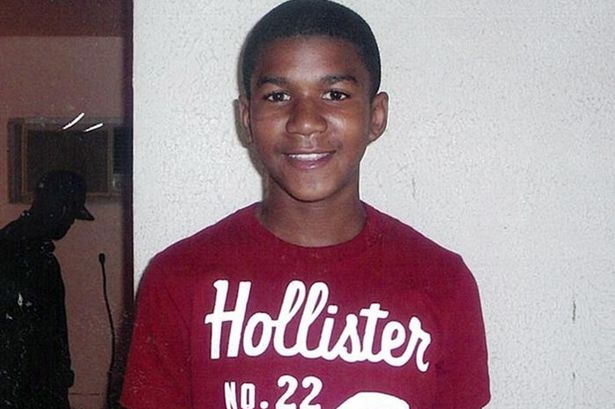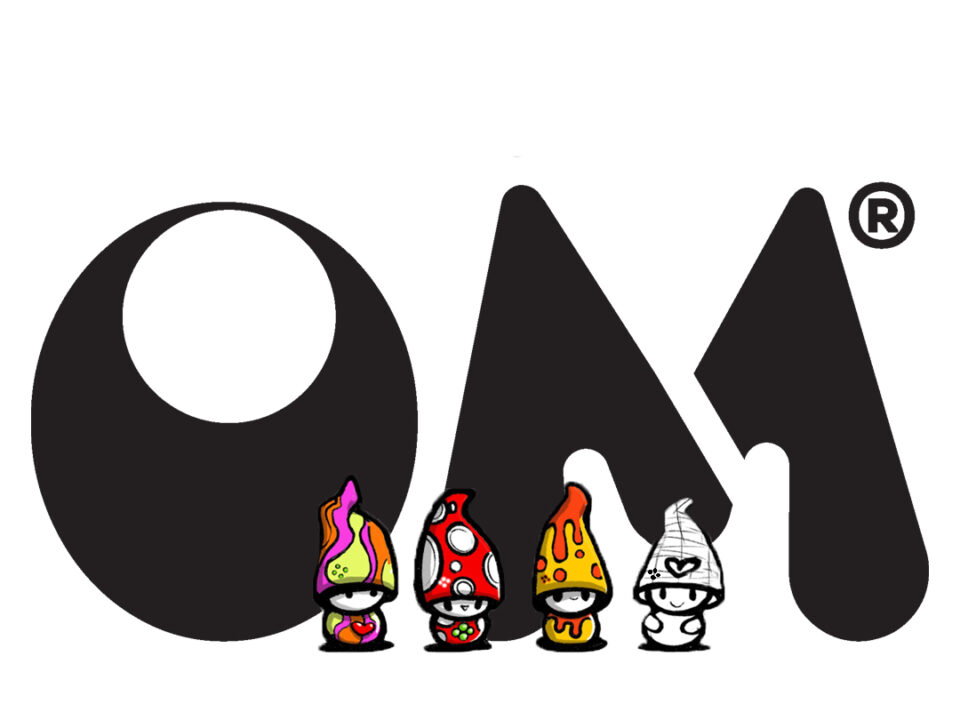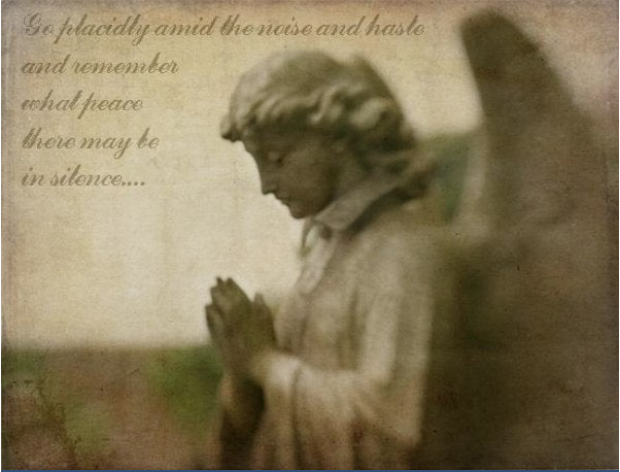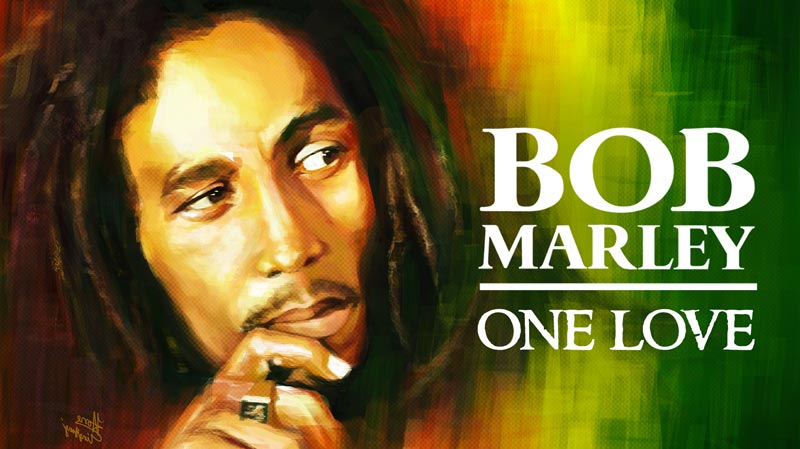Standing up for himself and others . . . .
March 27, 2012The Martin Luther King of the disabled . . . .
April 3, 2012His face has become known all over the world, his name on lips near and far.
His life story, told countless times.
His death, uniting people across the planet . . . .
Uniting them in anger. In shock. In empathy, grief, confusion and shame.
Touching lives diverse and different, Trayvon Martin’s passing has pricked consciences the Earth over.
It is an issue paying no heed to boundaries social, racial or political.
Young and old, black and white, rich and poor, all have sampled the sadness and experienced the injustice.
Connection isn’t always about the good stuff.
It isn’t always whimsical and it often isn’t welcome.
This tragic episode, this is neither.
This is something appalling, but beneath it runs a force that has served to bring people together . . . .
People from all over the United States and beyond, those who otherwise – at first glance, at least – appear to have little in common.
It is a force that is highlighting our shared humanity, underlining that, despite all our differences, we are all the same and we are all connected.
For us, President Obama articulated it the best.
‘If I had a son,’ he said, ‘he would look like Trayvon’.
There’s no doubt – in our minds, at least – that the President spoke from his heart.
There’s no danger that we – as parents, as people – might miss the message.
It’s a sad fact that all too often it takes something like Trayvon’s death to make us take a step back and consider the bigger picture and where we fit into it.
In recent times, individuals everywhere have been doing just that.
The result has been a perceptible coming together, a tightening of the bonds of humanity, a renewed sense of kinship.
The anger that abounds is understandable – appropriate, too – but above the din can be heard voices that have the potential to instigate great change . . . .
Change for the better; change for us all.
These are the calm voices, the compassionate ones; the ones urging greater understanding, the ones concentrating on the things that connect us.
These are the ones looking to the next chapter, the ones not seeking to fight the same old battles . . .
The battles that led us to this point, the ones that have their roots in prejudice and intolerance, the ones that can produce nothing other than further heartbreak.
The alternative, a new United States, a nation that celebrates and embraces our shared humanity, and extols our common causes. That could be our generation’s legacy, a mantle to pass for a brighter, better future.
If it’s going to happen, the time is ripe.
So please speak up, demonstrate solidarity, put on a hoodie if that helps to spread the message.
The best thing to do, though, to honor Trayvon, is to take a good, hard look at life, to think about all the people in it and to recognize that, for all our differences and for all the division, deep down we’re all the same.
It’s time to bottle this feeling, harness this force, stand as one and say enough is enough.
For ourselves. For others. For Trayvon.
This could be the start, the catalyst for change.
It has become the subject of a national dialogue. It’ll take more than just talking.
In time, the anger is sure to subside. Our job is to make sure that the compassion, the kinship and the love being shown at the present time do not.
It’s not about revenge. It’s not about retribution. It’s not about skin color, hoodies or differences, perceived or otherwise.
It’s about moving on, reaching out, touching lives and making this planet a better place for us all.
If everyone feeling the same could adjust their lives just a little, we can make it.
Here’s to better times.
Here’s to love.





